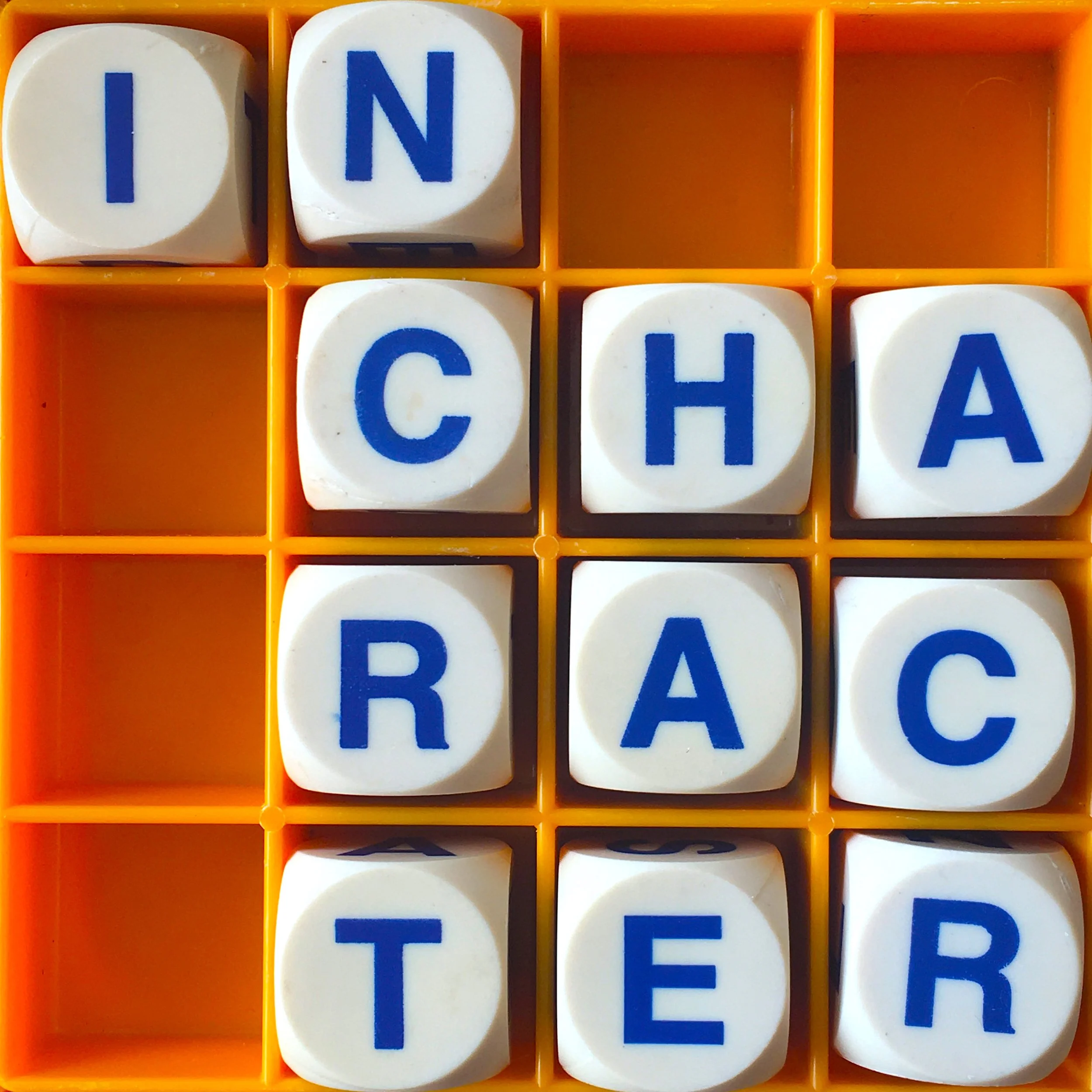In 15th and 16th century Scotland, in the highest courts of the land, you'd find esteemed poets hurling insults at each other. This was flyting, a sort of medieval equivalent of battle rap, and it was so popular at the time that the King himself wrote instructions for how to do it well. Writer and Scots language campaigner Ishbel McFarlane and historical linguist Joanna Kopaczyk explain the art of flyting, where an insult becomes slander, what's going on within the speech act of performative diss-trading, and what the legal consequences could be of being accused of witchcraft.
Read moreTranquillusionist: Ex-Constellations
This is the Tranquillusionist, in which I, Helen Zaltzman, give your brain a break by temporarily supplanting your interior monologue with words that don't make you feel feelings. Note: this is NOT a normal episode of the Allusionist, where you might learn something about language and your brain might be stimulated. The Tranquillusionist's purpose is to soothe your brain and for you to learn very little, except for something about Zeus's attitude to bad drivers.
Today: constellations that got demoted into ex-constellations. Featuring airborne pregnancy, cats of the skies, and one of the 18th century's most unpopular multi-hyphenates.
Read moreAllusionist 153. In Character
Chinese is one of the oldest still-spoken languages in the world. But when technologies arrived like telegraphy and computing, designed with the Roman alphabet in mind, if Chinese wanted to be able to participate then it had to choose between adapting, or paying a heavy price. And sometimes both were inevitable. Jing Tsu, author of Kingdom of Characters: The Language Revolution that Made China Modern, recounts how Chinese contended with obstacles like alphabetisation, Romanisation and standardisation.
Read moreAllusionist 146. Survival: Today, Tomorrow part 1
The Icelandic language has remained so stable over the centuries, speakers can read manuscripts from 900 years ago without too much trouble. And when they need a new word for more recent concepts, there are committees to coin one, so that the modern Icelandic lexicon includes such things as the internet, helicopters and mansplaining. Defending the language from the encroachment of English, however, is rather more challenging.
Read more




